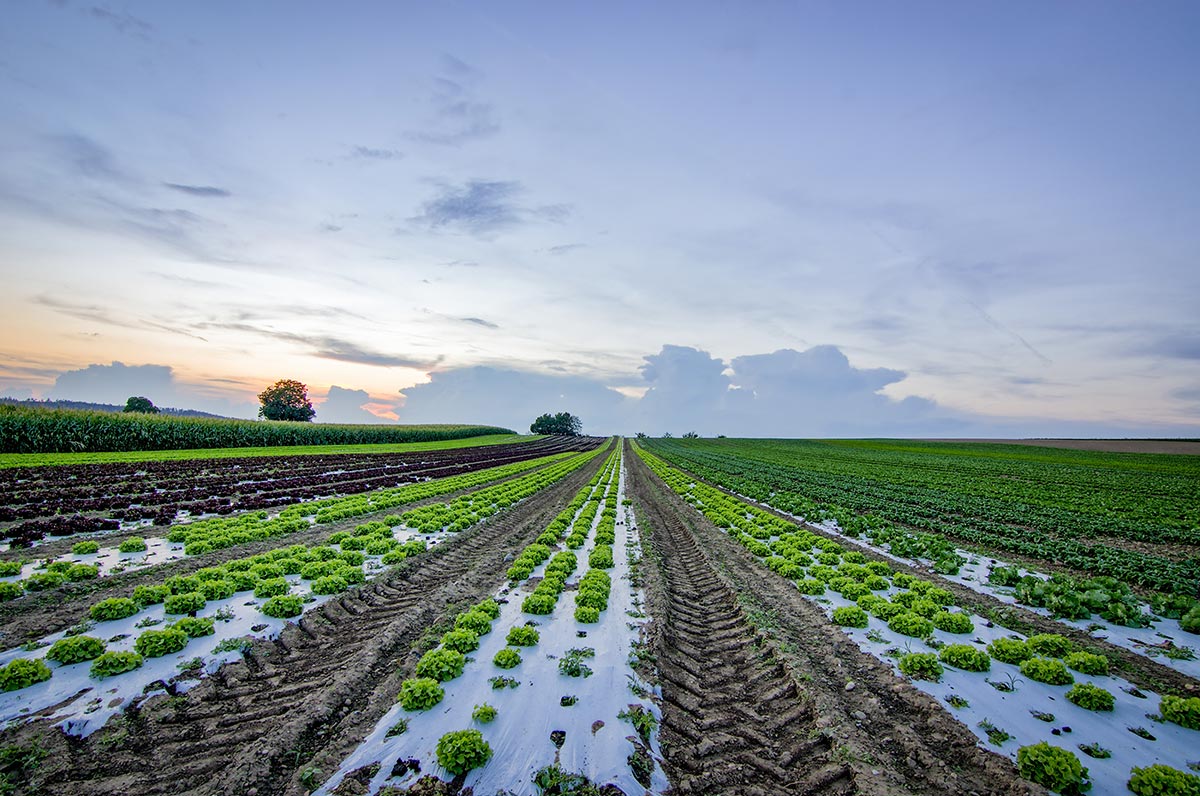How to Submit A Reimbursement Form
After the reimbursement form has been submitted, it will be processed by WSDA. Once processed, WSDA will notify the farm of the amount they are eligible to receive through an invoice (see Example). To receive payment, a farm must sign and return the invoice to WSDA before June 30th of the fiscal year.


